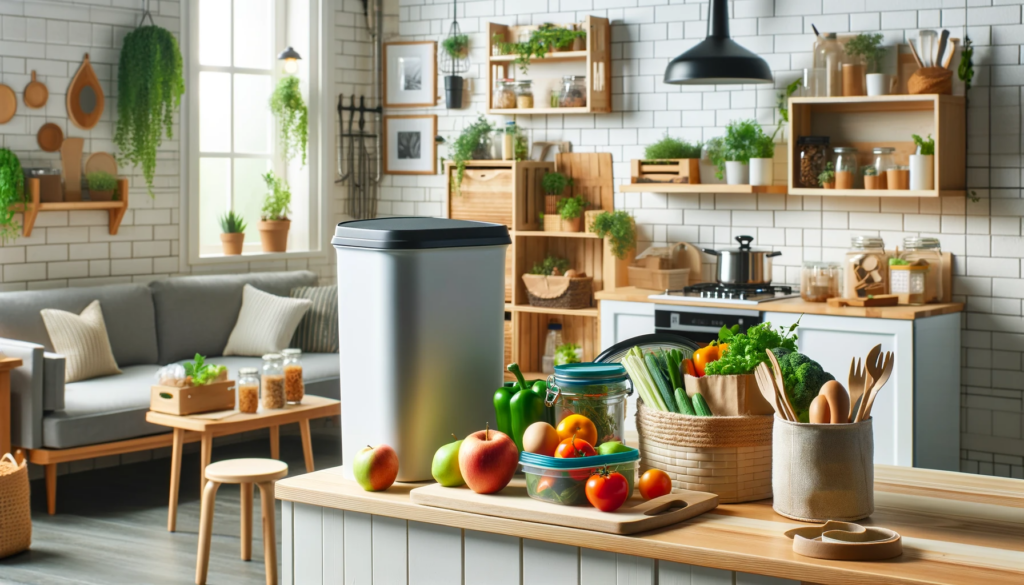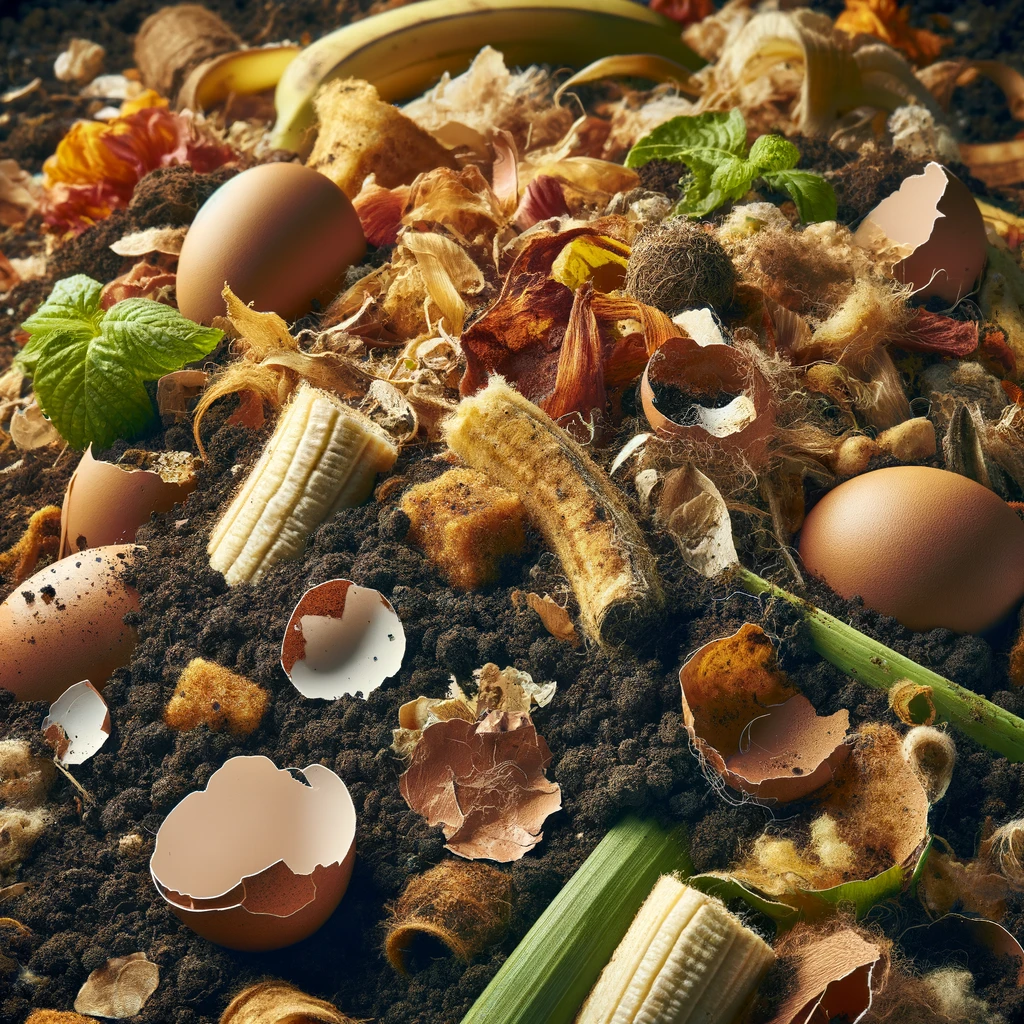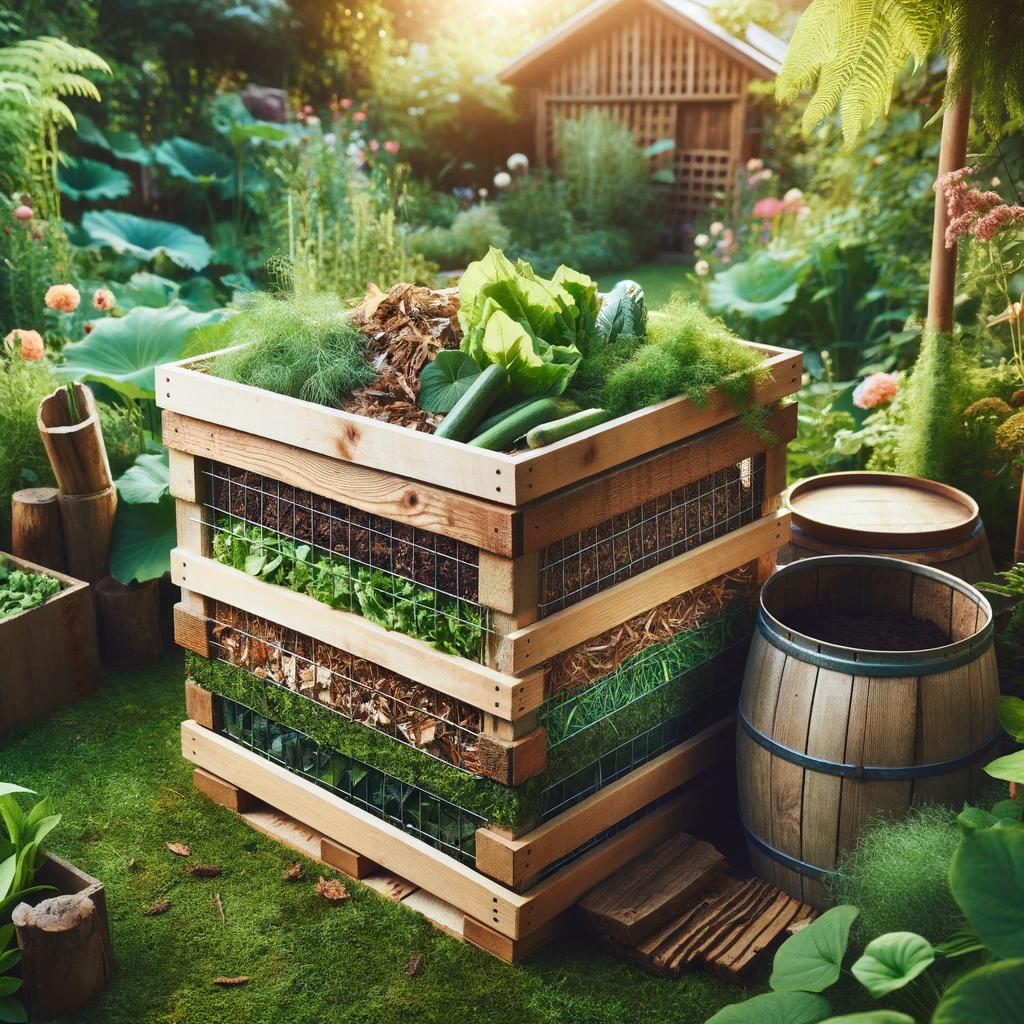Introduction:
In a world increasingly burdened by environmental challenges, the concept of zero-waste living emerges as a beacon of sustainable practice. This approach goes beyond mere recycling; it’s about a fundamental shift in how we view and interact with resources. In this blog, we delve deep into the essence of zero-waste living, exploring its principles, benefits, and how it can be a transformative force in our daily lives.
What is Zero-Waste Living?
Zero-waste living is a philosophy that encourages the redesign of resource life cycles so that all products are reused, and no trash is sent to landfills, incinerators, or the ocean. It’s a holistic approach that seeks to prevent waste generation from the outset. This lifestyle is underpinned by a simple principle: refuse what you do not need, reduce what you do need, reuse as much as you can, recycle what you cannot reuse, and compost the rest.
The Environmental Impact:
The importance of zero-waste living becomes evident when we consider the environmental impact of our current ’take-make-dispose’ model. Landfills are overflowing, oceans are brimming with plastic, and natural resources are being depleted at an unsustainable rate. By adopting a zero-waste lifestyle, individuals can significantly reduce their carbon footprint, conserve natural resources, and contribute to a healthier planet.
Benefits Beyond the Environment:
- Economic Savings: Reducing, reusing, and recycling can lower your expenses in the long run.
- Healthier Lifestyle: Choosing sustainable options often means consuming less processed food and fewer toxic products.
- Community Building: Zero-waste initiatives often bring people together, fostering a sense of community and shared purpose.
Misconceptions about Zero-Waste:
- It’s All or Nothing: Many people believe that zero-waste means living completely without waste, but it’s more about making better choices and striving for improvement.
- It’s Too Expensive: While some sustainable products are pricier, zero-waste living typically leads to savings by avoiding unnecessary purchases.
Getting Started with Zero-Waste Living:
- Audit Your Waste: Look at what you throw away to identify where you can make changes.
- Refuse Unnecessary Items: Say no to things like single-use plastics and junk mail.
- Embrace Reusables: Invest in reusable bags, bottles, and containers.
- Buy in Bulk: Reduce packaging waste by buying bulk and using your containers.
- Start Composting: Turn your organic waste into valuable compost for your garden.
Conclusion:
Zero-waste living isn’t just a trend; it’s a necessary step towards a sustainable future. By making mindful choices, we can all contribute to a healthier planet and a better tomorrow. Start small, be consistent, and watch as your efforts make a significant impact.







Pingback: Starting Your Zero-Waste Journey: A Beginner's Guide
Pingback: Preserving Your Winter Harvest: Methods to Store and Use
Pingback: How to make Compost Tea? A Step-by-Step Guide